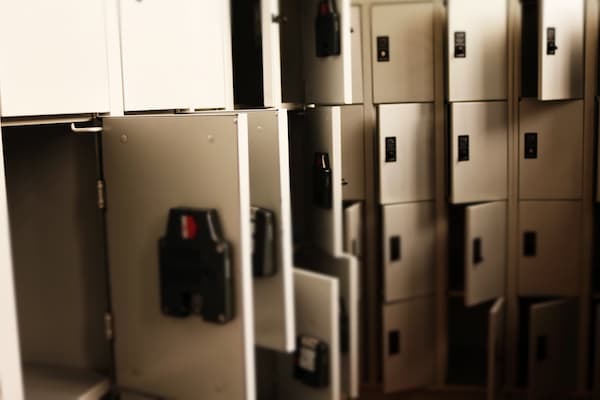Where To Keep Estate Planning Documents
Estate planning documents have a tendency to end up misplaced or forgotten. Where should you store your will and trust documents?
We’ve all seen TV shows and movies where a will is misplaced. Everyone panics as they try to recover their inherited millions. While you may not have a fortune to leave your loved ones, what you do leave them is just as important. So how do you ensure your estate plan is accessible to your beneficiaries and executors?
Store All Original Estate Planning Documents in a Safe and Logical Location
We’ve heard stories of wills being found in shoeboxes or in the basement of a home. However, having loved ones scrambling to find the documents they need during a time of grief isn’t ideal. There are even places to store the estate planning documents that may make sense to you, but not to your family.
It is recommended to get a fireproof safe or lockbox and keep your paperwork there. Keeping your will, power of attorney and other estate planning documents in a secure safe is an easy way to do it. Be sure to inform executors or beneficiaries of where you are keeping the storage container for their convenience.
You can even leave the documents with a local estate planning attorney if they have helped you prepare the documents. This is a popular choice for most people.

You can also secure a safe deposit box at a bank, as long as you set it up so others can access it in the event of your death. There are even options to store your documents in a secure, digital format as well. These can be the best options available, because they are safe from water, fire and theft.
Ensure That Others Will Be Able to Access Your Documents
Depending on the place you choose, you want to ensure that the right people can access your estate planning documents. Most banks will allow you to give access to a safe deposit box to a party of your choosing.
If you elect a safe or lockbox, it would be helpful to give the combination or spare keys to an executor or beneficiary of your will. This will give them peace of mind when you pass away, and one less thing to worry about while planning a funeral and grieving their loss.
Shred All Old Estate Planning Documents
Once you have updated your estate plan, shred any previous versions to avoid confusion. Only keep current estate planning documents to avoid outdated ones being found and creating confusion or opportunities for loved ones to attempt to use an outdated will, POA, or other document.
Recent Posts
- Interstate Child Support Enforcement
- Annulment vs Divorce: What’s The Difference In Michigan?
- Navigating Child Custody When Your Child Has Special Needs
- Why More Michiganders Are Turning to Chapter 7 Bankruptcy in 2025
- Are Divorce Records Public?
- Why Hire a Local Child Support Attorney
- What Can You NOT Do After Filing Chapter 7 Bankruptcy?
- Legal Separation vs. Divorce in Michigan: What You Need to Know
- Is It Possible to Win Full Custody Without the Other Parent’s Consent?
- Chapter 7 Bankruptcy in 2025: What’s New and What It Means for You
